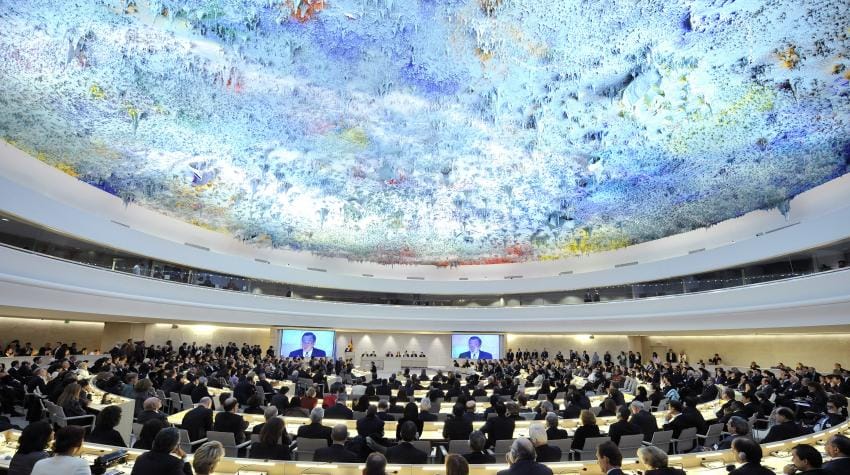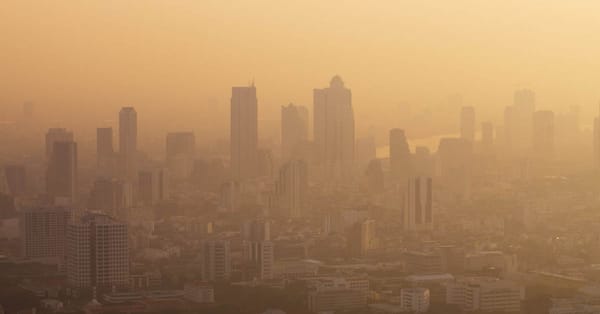Reaffirming the Universal Declaration of Human Rights for 2025
Now more than ever, we need to remind ourselves on the importance of the Universal Declaration of Human Rights. See why recent crisis and global trends have shown us that these human rights principles still matter nearly 80 years since it’s formation.

The global landscape in 2025 continues to showcase the persistent threat and challenges towards human dignity and rights. The Universal Declaration of Human Rights (UDHR) remains as vital and relevant as ever. We see various armed conflicts in all parts of the world, the rise of authoritarian regimes, the widening of economic and social inequalities, and the possible threat of rapid advancement of technology towards privacy. These global trends could indicate a need for a renewed commitment to the principles of UDHR by the international community as a stern reminder of the benchmark for protecting and pursuing human dignity.
Since its adoption in 1948, the UDHR has been imperative for addressing issues such as racial discrimination, discrimination against women, the rights of a child, and the prohibition of torture. And while it’s now close to eight decades since its creation, we shouldn’t underestimate the significance of this human milestone. The UDHR has been the backbone of drafting national constitutions, particularly for newly independent democratic states. It has influenced domestic legal frameworks and the global social, cultural, and civil rights consensus. Yes, the UDHR is not a legally binding treaty, but it carries a significant moral and legal weight that is recognized as customary international law.
Principles of the Universal Declaration of Human Rights
Equality and Non-Discrimination: All individuals are entitled to the same rights and freedoms without discrimination of any kind.
Right to Life and Liberty: Everyone has the right to life, freedom, and personal security.
Prohibition of Slavery and Torture: No one shall be held in slavery or subjected to torture or cruel, inhuman, or degrading treatment.
Freedom of Expression and Belief: Everyone has the right to freedom of thought, conscience, religion, and expression.
Fair Trial and Justice: Every person is entitled to equality before the law and a fair trial.
Right to Education and Work: Everyone has the right to education and the opportunity to work in just and favorable conditions.
Social and Economic Rights: Rights to health, housing, and an adequate standard of living are fundamental.
Freedom of Assembly: Individuals have the right to peaceful assembly and association.
Right to Seek Asylum: Everyone has the right to seek asylum from persecution in other countries.
Right to Participate in Government: Citizens have the right to take part in their government and have equal access to public services.
Key Challenges and Areas of Concern in 2025 onwards
Closing in on the midway point of 2025, there is a complex and troubling global human rights landscape. Continued armed conflict continues to lead to widespread violations of international humanitarian law and human rights. The protracted war in Ukraine has prolonged mass displacement, loss of civilian lives, and destruction of essential infrastructure. The situation in Myanmar remains dire following the military coup. The escalated violence against civilians and restrictions on fundamental freedoms remain key challenges to address in Myanmar. Conflicts in Gaza, Sudan, and DR Congo also heightened the challenges in tackling war crimes, sexual and gender-based violence, notably the denial of humanitarian access.
Another key challenge is the global trend of the rise of authoritarianism that deepens freedom repression. We see this with the increasing boldness of authoritarian actors in matters both within and outside their borders. Recently, the rapid advancements in technology, in particular the concerns of digital surveillance technologies, have come to light. This regards the threat to the right to privacy and freedom of expression. More often, these global crises are interconnected by nature. Conflicts, climate change, and inequality amplify human rights vulnerabilities and create intricate challenges for their effective protection that ultimately require intricate and multiple angles of approach in tackling them.

The Priorities for UDHR in 2025
The UN Human Rights Office (OHCHR) has released their 2025 Annual Appeal to gather US$ 500 million for promoting human rights and aiding crises worldwide. The appeal focuses on emphasizing the urgent need for investments in human rights as the building block for more resilient societies and mobilizing people for peace and security. They have set the priorities for 2025, which include enchantments to early warning systems for human rights violations, promoting the human rights economy, and integration of human rights in the Global Digital Compact. The latter is a key focus on grounding artificial intelligence and establishing governance of digital technologies within human rights principles.
One possible priority that should be explored is whether we can add the right to a healthy environment within the UDHR, as it is currently not explicitly stated within UDHR principles. This addresses how we can further implement the principles of UDHR towards tackling climate change due to the disproportionate impact of climate change on vulnerable populations, which raises issues of equality and non-discrimination. While the UDHR proclaims that human rights are universal, some argue that there is a need for a more culturally relative approach and that the interpretation and application of human rights should consider the specificity of their cultural contexts.
As we still see a widening gap between the UDHR's aspirations and goals and the lived realities of many individuals suffering from human rights violations. The upcoming sessions of the UN Human Rights Council will provide an important avenue for these concerns to be addressed.
What are your thoughts on what should be the priority for promoting human rights for 2025? Be a member to comment below, and let’s get a discussion going!





